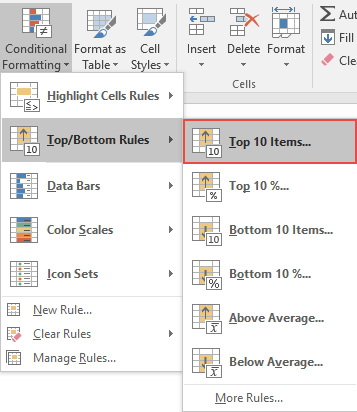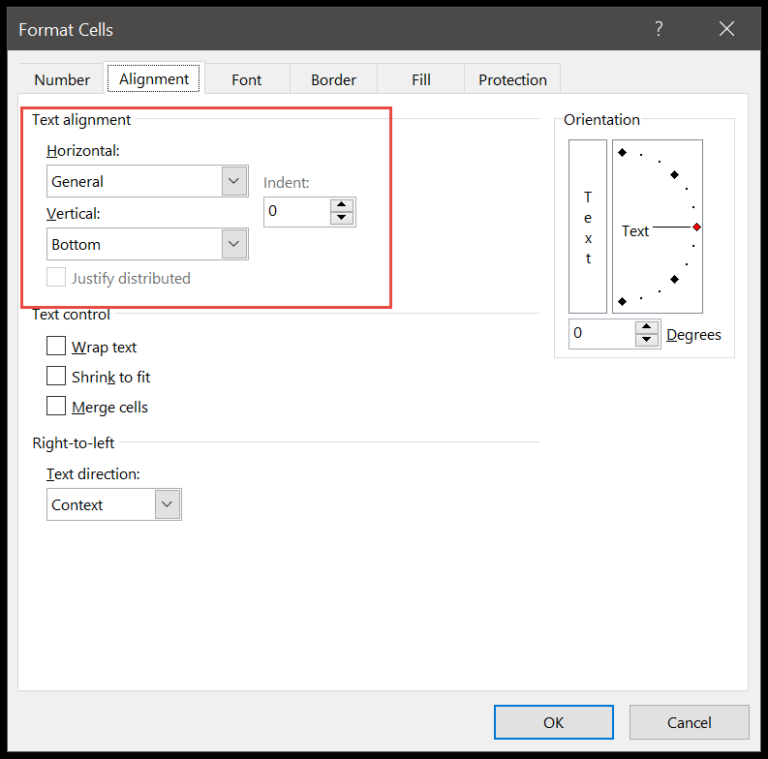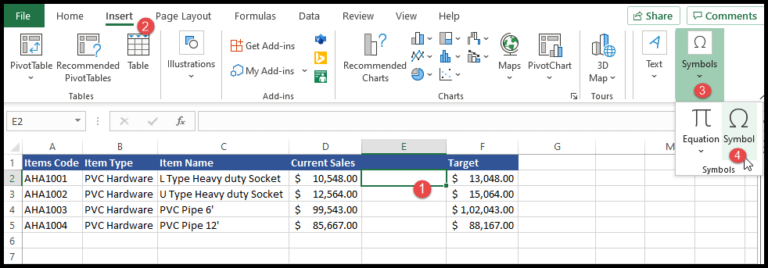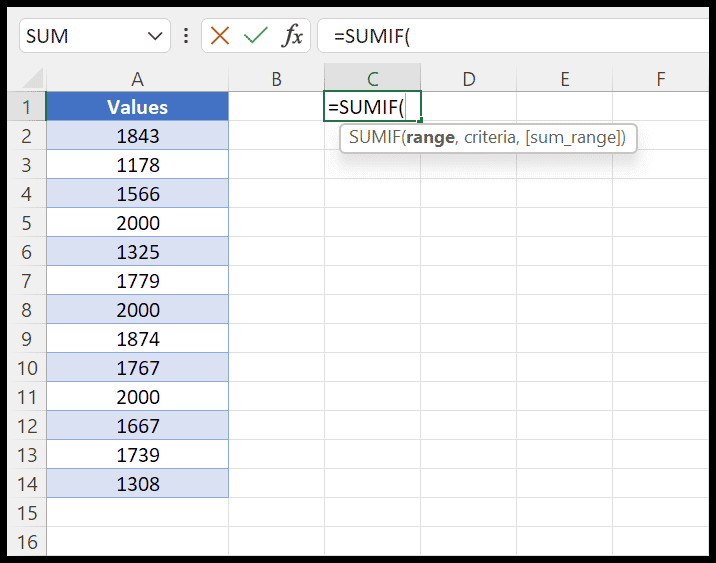The selling landscape for software-as-a-service (SaaS) has evolved into a dynamic field that demands a high level of expertise and strategic approach. A career in SaaS sales is often rewarding, offering professionals the chance to thrive in a technology-driven environment. With the increasing adoption of cloud-based solutions across industries, the role of SaaS sales professionals has gained prominence, playing a crucial part in guiding customers through the digital transformation journey.
Salaries in the SaaS sales sector vary widely across the United States, influenced by factors such as geographic location, level of experience, and individual company pay structures. In 2024, the compensation packages for individuals in SaaS sales are a mix of base salaries and potential commissions or bonuses, reflecting their performance and contributions to revenue growth. An estimate from Glassdoor puts the total annual pay for a SaaS sales role at approximately $214,960, with a base salary at around $92,963, showing the lucrative potential of the field.
The SaaS industry’s competitive market requires sales staff to possess not only proficiency in sales techniques but also a deep understanding of the technical aspects of the products they’re selling. As companies vie for market share, they recognize the critical role of their sales force in maintaining and expanding their customer base, and they generally structure compensation to attract and retain top talent. The result is a vibrant, well-compensated sector that appeals to ambitious sales professionals looking for a challenging and profitable career path.
Overview of SaaS Sales
Sales of Software as a Service (SaaS) have transformed how companies access and utilize software. SaaS products, essentially web-based software, tout a subscription-based pricing model. This means customers pay recurrent fees to use the software, hence the industry’s buzz about recurring revenue—it’s a game-changer for financial stability.
Here’s the lowdown: SaaS sales jobs are about selling access to these digital tools. They involve a deep understanding of the software’s features, as well as the ability to show how it solves a client’s problem. Sales reps need to be savvy communicators, ready to turn tech jargon into persuasive, simple language that resonates with potential buyers.
| Key Points | Details |
|---|---|
| Product | Web-based software used on a subscription basis |
| Pricing Model | Subscription with recurring payments |
| Sales Skills | Strong communication, understanding of software, persuasive abilities |
Salaries in SaaS sales can be pretty attractive. They vary widely based on factors like location, experience, and the company’s size. In the U.S., for instance, base salaries could range from entry-level brackets ($40,000 to $60,000) to more experienced tiers ($80,000 to $120,000) annually. On top of that, total compensation often gets a boost from incentive pay such as commissions and bonuses.
SaaS sales professionals are on the front line of tech evolution, offering solutions that are revolutionary for businesses across the globe. They bridge the gap between complex software capabilities and a company’s needs, making tech accessible and businesses more efficient.
SaaS Sales Roles
In the diverse ecosystem of SaaS sales, various roles contribute to the growth and revenue of a company. Each position has distinct responsibilities and targets, yet they all aim to drive sales and foster client relationships.
SaaS Sales Rep
SaaS Sales Representatives are the front line of the sales process. They are tasked with connecting with potential clients, demonstrating the value of the SaaS product, and closing deals. Salaries for this role vary significantly based on experience, location, and company but are often complemented with commissions or bonuses based on performance.
SaaS Sales Manager
SaaS Sales Managers oversee sales teams, implementing strategies to meet sales targets and providing guidance and training. Their income reflects not only the base salary but also includes incentives for the performance of their teams.
Vice President of Sales SaaS
A Vice President of Sales in SaaS is a top-tier position responsible for the overall direction of the sales department. They create sales strategies, analyze market trends, and set sales goals. Compensation for this senior role is typically high and includes a mix of salary, bonuses, and stock options.
SaaS Sales Executive
SaaS Sales Executives work closely with other sales team members and focus on developing strategies to increase revenue and market share. They often handle more significant accounts or complex sales cycles and base their strategies on thorough market analysis.
Sales Account Executive, SaaS
Sales Account Executives in the SaaS industry focus on nurturing client relationships and managing sales pipelines. They work to understand client needs and tailor the SaaS solutions to meet those needs, often working with longer sales cycles and higher-value contracts.
SaaS Account Executive
The SaaS Account Executive has a role similar to the Sales Account Executive. They handle customer accounts, build relationships, and aim to maximize the lifetime value of each client. They typically manage a balance between new business development and existing account growth.
Marketing / SaaS Sales Executive
Marketing / SaaS Sales Executives blend sales expertise with marketing skills. They use data-driven insights to inform their sales tactics, often playing a crucial role in lead generation and content marketing strategies that complement direct sales efforts. Their compensation often reflects both their sales and marketing responsibilities.
SaaS Sales Compensation
When stepping into the world of SaaS sales, understanding the compensation structure is crucial. They will come across terms like base salary, commission, and bonuses, each varying by company policy and sales performance.
Base Salary
The base salary is the fixed income a SaaS sales professional can expect annually. It serves as the financial foundation and is typically non-negotiable once agreed upon. According to available data, SaaS sales roles can have a base salary that starts as low as $45,000 yearly.
Commission Structure
The commission is the variable part of a SaaS salesperson’s earnings and is highly performance-dependent. Salespeople can either receive a flat rate commission or a tiered commission, which increases as they surpass sales thresholds. In the SaaS industry, a standard commission rate often hovers around 10%.
- Flat Rate Commission: A fixed percentage on sales.
- Tiered Commission: Increases with the number of sales.
Bonus and Incentives
Bonuses and incentives are the cherry on top of the base salary and commission for SaaS sales employees. These can be granted upon achieving specific milestones or as part of profit-sharing schemes. They vary significantly from one organization to another but are a key part in boosting a salesperson’s overall earnings, commonly referred to as On-Target Earnings (OTE).
Factors Affecting SaaS Sales Salaries
Salaries in SaaS sales can fluctuate widely and are influenced by numerous factors from where sales professionals are based, to their educational background, to the sales models they’re working within.
Location
- San Francisco, CA: Average base $92,000 per year
- Concord, CA: Reported at $48,114 annually
SaaS sales salaries can vary significantly depending on geographic location, with urban centers and tech hubs often offering higher compensation than rural areas due to cost of living and competition for talent.
Education and Work Experience
- Entry-level: $40,000 to $60,000 annually
- Experienced professionals: $80,000 to $120,000 annually
Higher educational achievements, especially in relevant fields, can bolster starting salaries. Additionally, sales professionals augment their base income as they accrue industry experience and develop specialized skills.
Sales Model
- Enterprise Sales: Larger deals, longer sales cycles
- Transactional Sales: Smaller, more frequent sales
The sales model a professional operates within affects earning potential. Enterprise sales typically involve higher base salaries and larger commissions due to the complexity and scale of deals, while transactional sales offer smaller, more frequent commission opportunities.
Company Size and Growth Rate
- Small to Medium-sized Enterprises: Might offer equity or profit-sharing incentives
- Large Corporations: Tend to have higher base salaries
A company’s size and growth trajectory can play a critical role in determining salary structures for sales personnel. Smaller companies with higher growth rates might offer equity, whereas larger established companies generally provide higher base salaries and structured commission patterns.
Developing a Successful SaaS Sales Strategy
To thrive in SaaS sales, one must understand the sales cycle, focus on identifying the right target market, and master various sales techniques. An effective strategy considers these components to foster growth and sustain success in a competitive landscape.
Understanding the Sales Cycle
The sales cycle in Software-as-a-Service (SaaS) is the sequence of stages a sales representative takes to close a deal. It often starts with lead generation and progresses through stages like initial contact, qualification, and eventually culminates in closing the sale. SaaS sales cycles can vary in length, with simpler transactional sales closing quicker and complex enterprise sales taking longer due to the larger scale and intricacies involved. Sales reps need to align their strategies with the length and complexity of the sales cycle for their specific SaaS product.
Identifying Target Market and Qualified Leads
Success hinges on identifying a clear target market—and within that market, pinpointing qualified leads that are most likely to convert. Qualified leads are potential customers who have a need for the product, the budget to purchase it, and the authority to make the buying decision. To hone in on these prospects, sales teams should dissect market data to align with their ideal customer profile, focusing on industries or sectors that most benefit from their SaaS offering.
- Criteria for qualified leads may include:
- Company size
- Budget
- Industry
- Current challenges
- Technological readiness
Sales Techniques and Skills
Having the right sales techniques and related skills is critical to converting leads into customers. This includes a mix of soft skills—like communication, empathy, and adaptability—and hard skills, such as proficiency in sales automation tools or CRM software. Effective sales reps deploy a variety of techniques, such as solution selling where they focus on the lead’s pain points and how their SaaS can address those issues, or consultative selling that involves acting as a trusted advisor to the lead. The aim is to build a relationship based on value and trust, moving beyond a transactional sale to establish a long-term partnership.
Essential sales skills include:
- Active listening: Understanding customer needs and responding effectively.
- Objection handling: Gracefully addressing concerns and removing barriers to the sale.
- Time management: Prioritizing tasks to move leads through the sales pipeline efficiently.
- Follow-up: Consistently engaging with potential customers to maintain interest and momentum.
SaaS Sales Metrics and KPIs
Key performance indicators (KPIs) in SaaS sales provide crucial insights into business health, helping teams understand growth trajectories and operational effectiveness.
Annual Contract Value (ACV)
Annual Contract Value (ACV) is the average annualized revenue per customer contract, excluding one-time fees. It offers a snapshot of the value each contract brings to the business, aiding in forecasting and strategic planning.
Monthly and Annual Recurring Revenue
- Monthly Recurring Revenue (MRR) is the predictable revenue the business can expect every month from its subscription-based customers. It’s a building block for scaling operations.
- Annual Recurring Revenue (ARR) carries the same concept as MRR but is projected over an annual period, providing a longer-term revenue perspective.
Customer Acquisition Cost (CAC)
Customer Acquisition Cost (CAC) measures the total average cost spent on acquiring a new customer. It includes marketing, sales expenses, and is a critical gauge for investment efficiency.
Churn Rate
The Churn Rate metric represents the percentage of customers who cancel their subscription in a given period. It is key for assessing customer retention and product-market fit.
Career Path and Advancement in SaaS Sales
In the world of SaaS sales, career advancement opportunities are notably structured, with clear benchmarks for success at each level. Salaries often reflect one’s role and experience within this progression.
Entry-Level Positions
Sales Development Representative (SDR): Typically, the first rung on the SaaS sales ladder, SDRs focus on generating leads and qualifying prospects. With an average base salary of around $52,173 and commissions adding up to $27,277 a year, they lay the foundation for a prosperous career in sales.
Career Progression
Account Executive (AE): After mastering lead generation, a salesperson might advance to an AE role, where they are responsible for closing deals and maintaining customer relationships. Advancement usually occurs within 1-3 years of experience, and compensation scales up with more complex responsibilities and sales targets.
Senior and Executive-level Opportunities
Customer Success Manager: With several years of experience, sales professionals often move into more strategic roles. A Customer Success Manager, for example, not only ensures client satisfaction but also upsells and cross-sells, influencing both retention and expansion. Their average salary ranges between $66,760 and $79,625 in the U.S.
Technical Sales Manager: Possessing a deep understanding of the SaaS product, these senior managers ensure the technical fit for customers and collaborate closely with development teams. They are pivotal in tailoring products to market needs and often have a solid technical background, coupled with years of sales experience.
Sales Executive – SaaS: At the apex of the career ladder, sales executives craft overarching sales strategies, mentor teams, and drive significant revenue growth. Being at this executive level requires extensive experience, often beyond a decade, and pays at the top of the SaaS sales salary range.
Resource Section
This part of the article focuses on where one can find detailed salary reports and the importance of ongoing professional development for career advancement in the field of SaaS sales.
Salary Reports and Surveys
For those curious about the potential earnings in SaaS sales, various salary reports and surveys are available to shed light on the subject. According to data compiled by Indeed.com and Glassdoor, SaaS sales roles in the United States offer competitive salaries. Indeed.com highlights positions like Inbound Sales Account Manager with salaries ranging from $65,000 to $82,500 annually. On the other hand, Glassdoor data indicates that an average SaaS sales salary is around $93,211 per year. Furthermore, ZipRecruiter reports a slightly lower national average base salary for a SaaS account executive, which stands at $78,898.
Professional Development and Training
SaaS sales professionals often seek out training and development resources to hone their skills and increase their value in the marketplace. Courses, webinars, and certifications are widely available and often necessary for staying up-to-date with sales strategies, technology, and industry trends. Professional development not only enhances a salesperson’s ability to perform but can also impact their earning potential, as many employers look for a combination of experience and continued learning when assessing candidates for higher-paying roles.
Frequently Asked Questions
In the competitive field of SaaS sales, salaries can fluctuate dramatically based on experience, position, and performance. Here’s what curious minds need to know.
What’s the typical starting salary for someone in entry-level SaaS sales?
An entry-level SaaS sales professional in the United States can anticipate a salary range from $46,522 to $52,439 annually.
How much do seasoned SaaS sales professionals earn on average?
Seasoned SaaS sales professionals, those with substantial experience, typically see an average salary around $92,963 per year, not including potential additional compensation like commissions or bonuses.
Is it true that there’s big money in SaaS sales through commissions?
Yes, commissions can significantly boost earnings in SaaS sales. On average, additional pay such as commissions can amount to around $121,997 per year.
What are the expected earnings for an account executive in the SaaS industry?
An account executive in the SaaS field is expected to earn an average base salary of $52,173 per year, with commissions bringing in an additional average of $27,277 per year.
How does a career in SaaS sales stack up financially against other tech sales jobs?
A career in SaaS sales is often comparable to or can sometimes exceed salaries in other tech sales roles, largely because of the potential for significant commission-based earnings.
What can enterprise SaaS sales experts expect to make in today’s market?
Enterprise SaaS sales experts, who often deal with larger deals and accounts, can expect to earn an average salary of $134,440 a year, with potential earnings higher based on performance and additional compensation factors.



